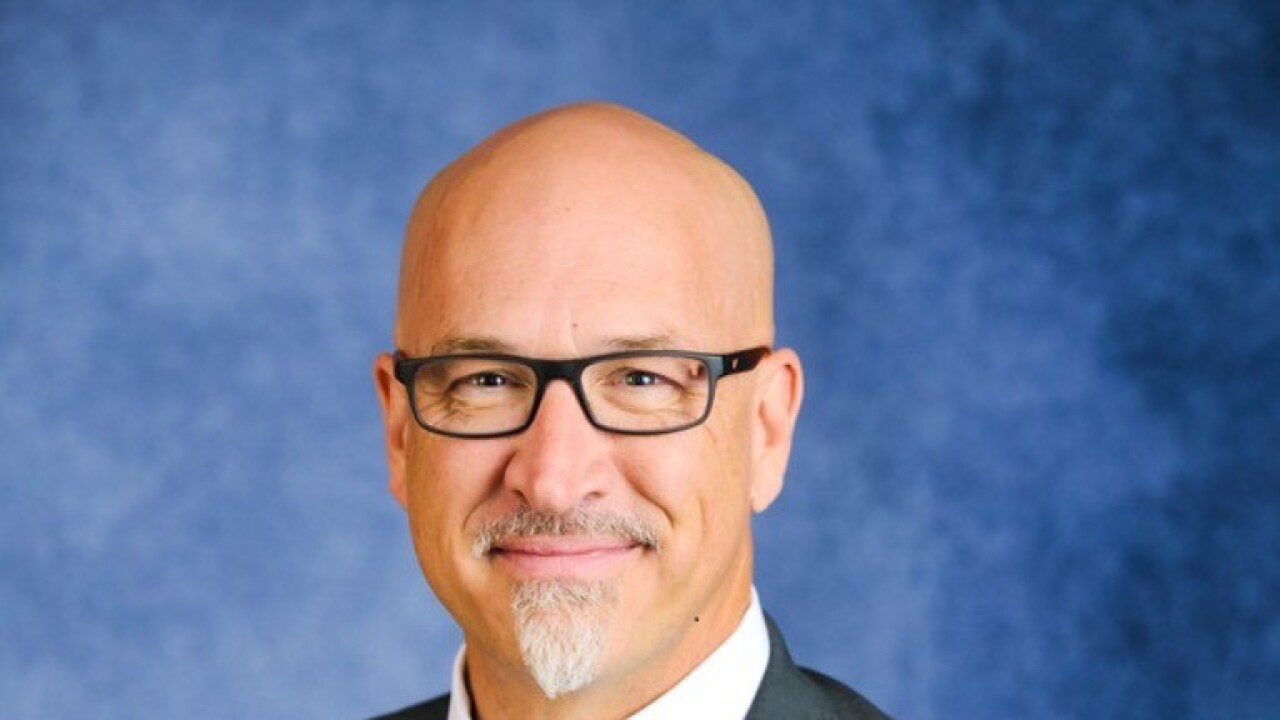Around 300 of the nation’s largest hospital systems are banding together in an effort to better control the skyrocketing cost of prescription drugs.
The group, which includes Ascension, a Catholic healthcare system and the largest nonprofit hospital group in the U.S., and which may also be joined by The U.S. Department of Veterans Affairs, will form a new nonprofit company to provide several generic drugs to participating hospitals. The aim is to combat the sharply rising prices of off-patent drugs, a development that has sparked public outrage and led to a federal investigation.
“This is a shot across the bow of the bad guys,” Marc Harrison, president and CEO of Intermountain Healthcare, recently told The New York Times. which is spearheading the initiative. “We are not going to lay down. We are going to go ahead and try and fix it.”
But industry experts like Seth Friedman, national pharmacy practice leader for benefits and HR consulting at Arthur J. Gallagher & Co, predict an uphill battle.

Citing regulatory barriers, Friedman says it could take three to five years for the effort to gain any traction. While it’s easier to produce generics, whose recipes can be duplicated from brand-name drugs, he notes that they will still require approval from the Food and Drug Administration—and expensive and time-consuming process.
Given the dismal track record of healthcare mergers over the past decade, “It’s hard to conclude that any pharmacy savings will be created,” adds Craig Lack, a best-selling author who Forbes once described as “the healthcare broker whisperer.”
Still, Lack is sanguine about the possibilities. “These hospitals do not operate in a vacuum,” he says. “Our hope is that they will try to squeeze more waste and margin—in some cases radically extreme margin—out of the system.”
Consolidation to continue
Whatever happens with Intermountain Healthcare’s Rx ambitions, Lack and Friedman expect industry consolidation to continue as powerful players join forces They point to CVS’s planned purchase of Aetna, UnitedHealthcare’s acquisition of OptumRx and Albertsons’s plan to purchase Rite Aid and EnvisionRx, among other examples.
Another instance of consolidation is Amazon, JP Morgan Chase and Berkshire Hathaway’s recently announced partnership to provide healthcare for their own employees. Citing Amazon CEO Jeff Bezos’ oft quoted phrase, “your margin is my opportunity,” Lack says it’s the prescription drug businesses’ inflated profits and the estimated 30% waste in the healthcare industry that are prompting all of these efforts.
For brokers and advisers, Lack says the challenge remains helping their employer clients navigate the minefield that is healthcare costs. That means steering them into self-funding, “The only mechanism whereby you can negotiate wholesale and institutional prices on behalf of your clients,” he says.
The goal, he adds, is to introduce transparency and prevent hospitals from hiding behind codes for items like specialty medications and surgical centers.





